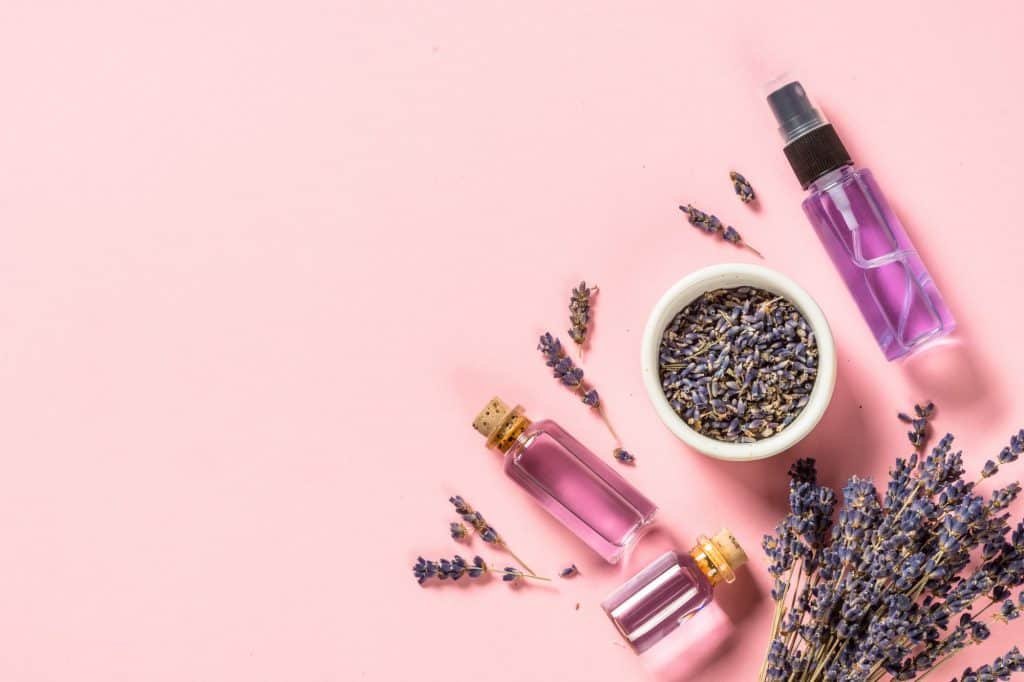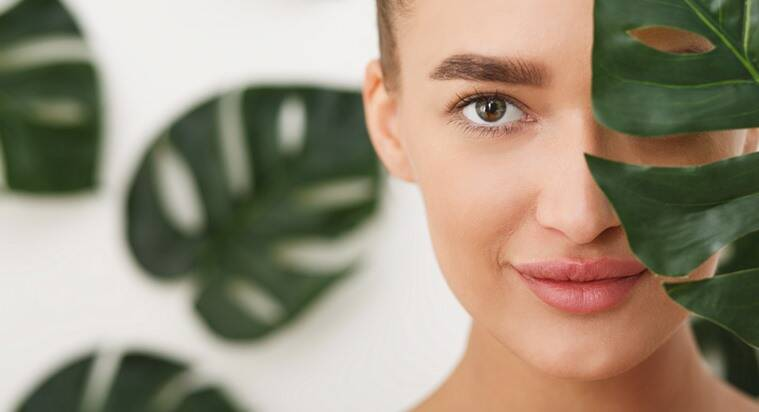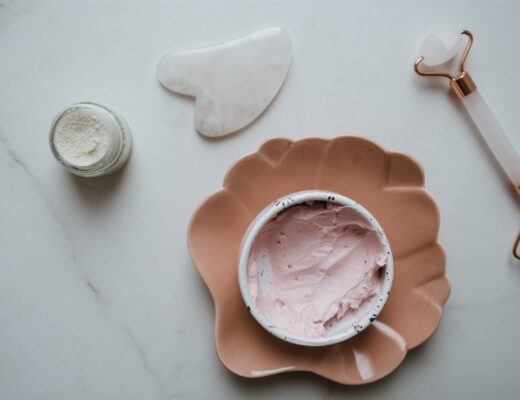Perfume, with its power to evoke memories and emotions, has been an essential part of human culture for centuries. Crafting the perfect fragrance has evolved over time, and essential oils are one of its fundamental components. These precious, concentrated oils extracted from natural sources form the heart and soul of many perfumes. This guide will explore the world of essential oils for perfume lovers and how to use them to create your own unique and captivating scents.
Understanding Essential Oils
Essential oils are highly concentrated liquids extracted from various parts of plants, including flowers, leaves, stems, and even roots. Each essential oil carries a unique and distinct aroma resulting from the plant’s specific chemical composition. The art of using essential oils in perfumery lies in their careful blending to create harmonious, balanced, and evocative scents.
Popular Essential Oils for Perfume Making
- Lavender: Lavender essential oil is a beloved choice for perfumers. It offers a fresh and calming aroma with floral and herbal notes.
- Rose: Rose essential oil exudes the romantic and elegant scent of fresh roses with a rich and rosy fragrance.
- Sandalwood: Sandalwood is known for its warm, woody, and creamy scent, often used as a base note in many perfumes found at directfragrances.online.
- Citrus Oils: Citrus essential oils, such as lemon, orange, and bergamot, provide bright and uplifting top notes that add freshness to fragrances.
- Patchouli: Patchouli essential oil offers a deep, earthy, and slightly sweet scent, often used to anchor and add depth to perfumes.
- Jasmine: Jasmine essential oil is revered for its rich, sweet, and exotic floral aroma.
- Vanilla: Vanilla essential oil, with its sweet and comforting scent, is frequently used as a base note in gourmand perfumes.

Creating Your Signature Scent
Now that you’ve acquainted yourself with some popular essential oils, it’s time to start crafting your signature perfume. Here’s a basic guide to get you started:
- Gather Your Ingredients: Collect the essential oils you want to use. Remember that perfumes typically consist of three layers: top notes, middle notes, and base notes. The top notes are the first scents you detect, while the base notes are the longest-lasting. Aim for a balanced combination of these layers.
- Experiment with Blending: Mix in various combinations to determine the scent profile you like best. Keep track of your recipes to recreate your successful blends.
- Dilution and Fixatives: Essential oils are highly concentrated, so they should be diluted with a carrier oil before applying to the skin. Some essential oils evaporate quickly, so you may need fixatives to help the scent last longer.
- Aging and Maturation: Perfumes often improve with age. Allow your perfume blend to mature for a few weeks in a cool, dark place.
- Fine-Tuning: As your perfume matures, you can fine-tune the blend by adding or adjusting essential oils. This step is crucial to achieving the perfect balance and depth of your scent.
- Testing: Finally, test your perfume on your skin to ensure it’s safe and smells as you intended.
Conclusion
Creating your own perfume using essential oils can be a rewarding and creative endeavor. It allows you to express your unique personality and preferences through scent. The world of essential oils offers a vast palette for you to explore and experiment with, making the possibilities endless for crafting a truly one-of-a-kind fragrance. Whether you’re an experienced perfumer or a novice, the world of essential oils invites you to embark on a fragrant journey that can be as unique as you are.




